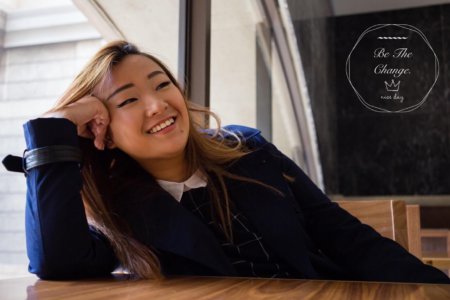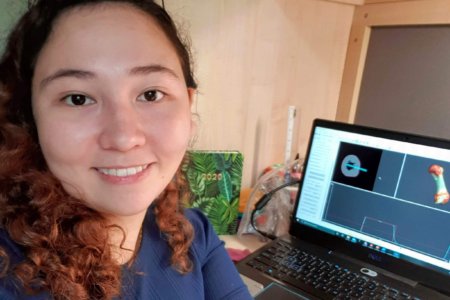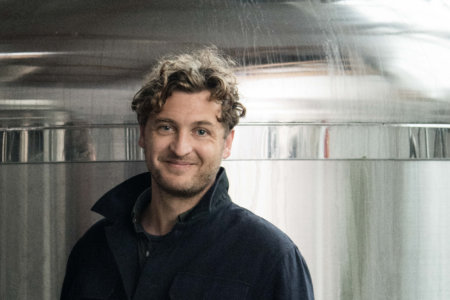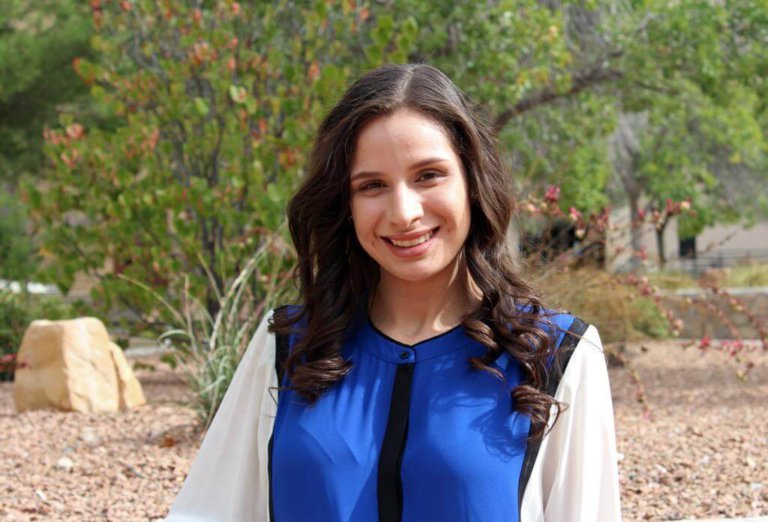
More than 370 women were killed in the cities of Juarez and Chihuahua in Mexico between 1993 and 2005. Alma Chavez, who grew up in Juarez, was spurred to study forensic anthropology after witnessing these and knowing the families of femicide victims.
“Being the only girl and the youngest in my family, I was aware of the femicides happening in Juarez. I watched the news and had a friend who one day didn’t show up to school,” she says in a piece on KRWG Public Media.
Chavez, a graduate of New Mexico State University, was recently awarded a Fulbright scholarship to pursue forensic anthropology at the University of Kent in the UK. She hopes to one day bring justice to the femicide victims who have been forgotten and not identified.
“Even though these murders are not in the news as much as they used to be, there are families still waiting to have their loved ones identified,” she explains.
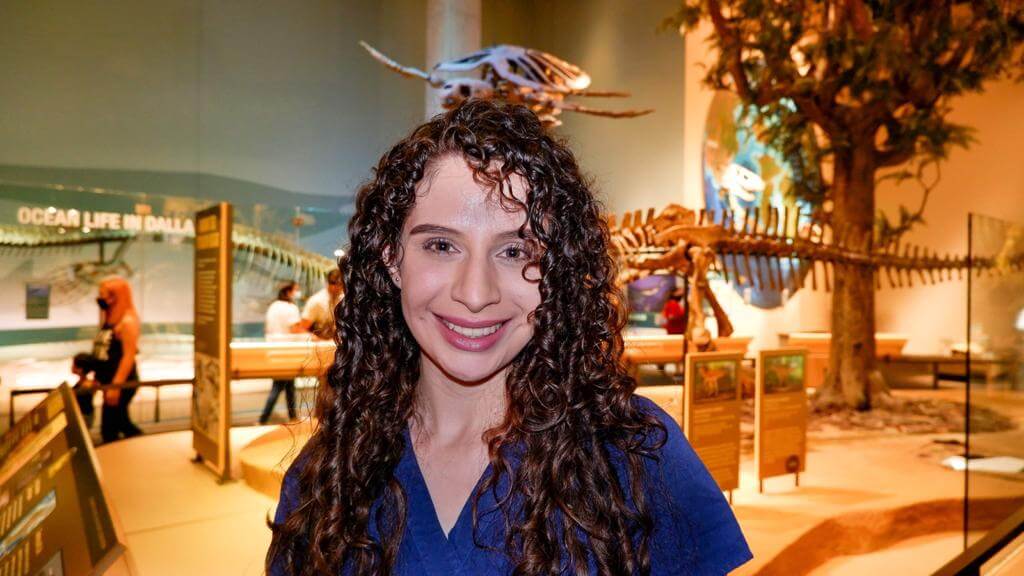
Because of her deep-rooted passion for her field of study, Chavez planned to attend the University of Kent which has one of the best programmes in forensic anthropology in the world even if she didn’t win the Fulbright Scholarship. Source: Alma Chavez
Below, we talk to this scholar on what the Fulbright application was like and her passionate interest in femicide.
Walk us through your interest in anthropology. Where did this stem from?
My interest began while I was growing up on the US and Mexico border. Born in El Paso, Texas, but raised in Ciudad Juarez, Mexico influenced me into studying forensic anthropology.
I grew up in Juarez at a time when it was dangerous to be a girl. There were a lot of femicides happening in my childhood that prevented me from going out anywhere without one of my brothers with me.
I watched the news every day on femicides that were happening in my city. Even though these murders are not much on the news anymore, I know that there are families waiting to have their loved ones identified.
Walk us through your Fulbright application. What was the process like?
In the beginning, it was challenging because I know it’s a very competitive scholarship. The application process is pretty straightforward though — it’s an online one where you write an essay, a personal statement and then you attend an interview if you’re selected.
The application differs for each person because Fulbright has a lot of awards for different countries. You can also apply on your own or through your university. Since I graduated from New Mexico State University, I was able to apply with the help of my mentor, Dr. Andrea Orzoff.
She was my uni’s associate professor of history and explained what the interview process would be like. I felt confident from there and even though I was scared to apply, I was successful.
Out of all the unis in the UK, what made you choose the University of Kent?
While completing my undergraduate studies, I noticed that all the journal articles in forensic anthropology were written by scholars from the University of Kent. I became so interested in this uni and I also found out it’s the best one to further my studies in this field of study.
It has the Skeletal Biology Research Centre which is one of the largest human skeletal collections in the UK. Their modules also focus on more hands-on experience where I can learn directly from bones because they are the primary material of study.
Do you think it would have made a difference if you studied this at a local institution?
No, I think the UK and the US offer the same approach in the methodology of forensic anthropology. However, the only thing that I see is different, the UK has more research in this field than the US.
What are you most looking forward to doing in the UK?
I want to organise and participate in community services in and out of uni. I also want to take part in extracurricular activities that my uni will offer.
Ranging from academic clubs within my field and other subjects and sports clubs (like basketball and volleyball). Finally, I want to emerge myself into the UK’s culture through social events.
Can you share with us your brief view on femicide and what you think should be done around the world to prevent it?
Femicide occurs when violence against women continues to be accepted, tolerated and justified. These murders happen all around the world and in Mexico.
There is still a lot of this “machista” (patriarchal society) culture where men think and feel superior to women. I really believe that in order to prevent and avoid this situation, we need to start teaching the newer generations about gender equality and advocating for their human rights.
We need to start showing and implementing gender equality in our family nucleus as well as to speak out for human rights. This is to prevent violence against women because if not, it will lead to femicides in the near future.
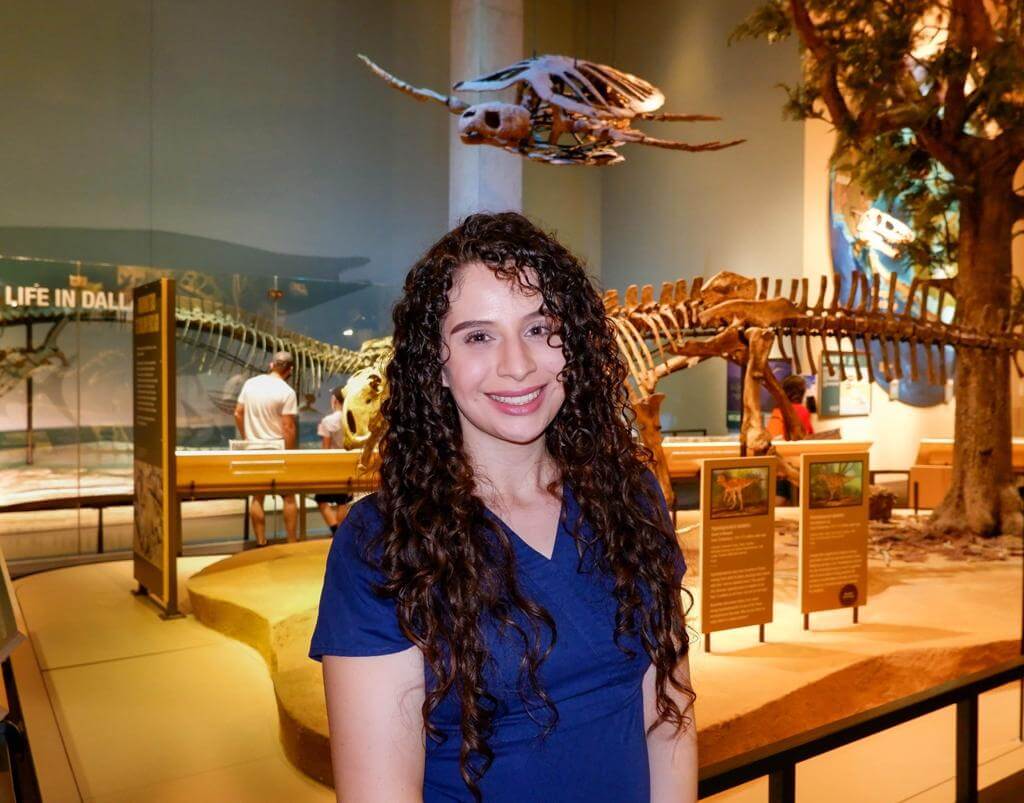
“After graduation, I want to come back to the US and Mexico border and adapt a research model (that is already outlined in the UK) to open the first research facility where the decomposition of human remains can be studied,” Chavez says. Source: Alma Chavez
What do you plan to do with your degree after graduating?
I want to continue my studies in forensic anthropology because there is a serious security problem in the borderland region for women and undocumented border crossers that has led to the unsuccessful and slow identification of them.
After graduation, I want to come back to the US and Mexico border and adapt a research model (that is already outlined in the UK) to open the first research facility where the decomposition of human remains can be studied.
This is called a body farm and I hope to help open one in the south of the US where researchers from there and Mexico can study the decomposition of human remains in various settings. This facility will help these researchers improve and expedite the process of cadaver identification in each country.
Wow, that’s interesting! Any advice for future Fulbright applicants?
Don’t be afraid to apply for a scholarship. The worst thing that can happen is that you get rejected. If that happens, you can re-apply next year and make your application stronger. The best advice I can give you is a phrase my mother always says “Remember that you already have the no and you need to go for the yes.”








